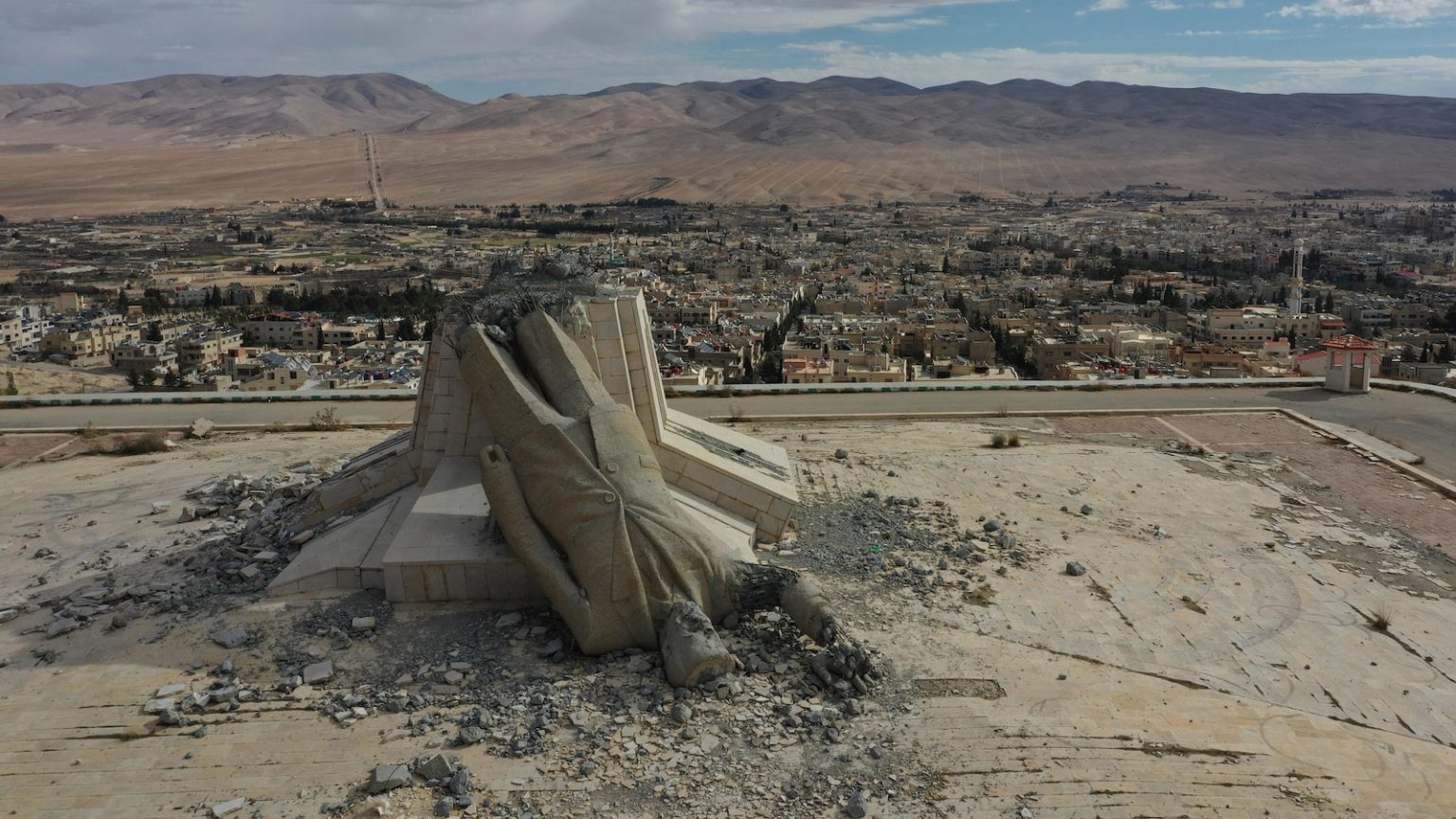Global Corruption Levels Hit a Decade Low: A Troubling Trend
The latest Corruption Perceptions Index (CPI) released by Transparency International paints a dismal picture of global efforts to combat corruption. For the first time in over a decade, many countries, including major world powers like the United States and France, as well as authoritarian regimes such as Russia and Venezuela, have recorded their worst performance since the index began its current methodology in 2012. Out of the 180 countries surveyed, 47 nations saw their lowest scores in 2023. The report highlights that global corruption levels remain dangerously high, with efforts to curb corruption faltering. This trend is particularly concerning as it not only undermines governance and trust in institutions but also poses significant risks to global efforts to address climate change.
Corruption and Climate Change: A Dangerous Nexus
Transparency International has drawn attention to the critical link between corruption and the effectiveness of climate change initiatives. The lack of transparency and accountability in many countries increases the risk of climate funds being misused or embezzled. Moreover, the report points out that undue influence, often from the private sector, is obstructing the implementation of ambitious climate policies. This means that even as the world faces an escalating climate crisis, corruption is undermining the very efforts meant to address it. The report emphasizes that without stronger anti-corruption measures, the global community risks failing to meet its climate goals, exacerbating the already dire consequences of climate change.
The Corruption Perceptions Index: A Global Snapshot
The CPI, which measures the perception of corruption in the public sector, is based on 13 data sources, including inputs from the World Bank, the World Economic Forum, and various risk and consulting firms. The index ranks countries on a scale from 0 (highly corrupt) to 100 (very clean). The global average score remained unchanged from 2023 at 43, with more than two-thirds of countries scoring below 50. This indicates that corruption remains a pervasive issue worldwide, with significant room for improvement in most nations. Denmark topped the list with an unchanged score of 90, followed closely by Finland at 88 and Singapore at 84. New Zealand, which had previously held the third position, dropped two points to 83 and fell to fourth place.
At the other end of the spectrum, South Sudan slid to the bottom of the index with a score of just 8, displacing Somalia, which saw its score drop to 9. Venezuela and Syria followed closely, with scores of 10 and 12, respectively. These low scores reflect the severe challenges these countries face in terms of governance, political stability, and the rule of law. The CPI serves as a stark reminder of the significant disparities in corruption levels across the globe and the urgent need for concerted efforts to address this issue.
Decline in Western Democracies: A Cause for Concern
The CPI also highlights a worrying trend of declining scores in several Western democracies. The United States, for instance, dropped four points to 65, falling from 24th to 28th place. Transparency International attributed this decline to concerns about the judiciary, particularly the lack of robust enforcement mechanisms for the U.S. Supreme Court’s first-ever code of ethics, adopted in 2023. France also saw a significant drop, losing four points to 67 and slipping five places to 25th. Germany, meanwhile, fell three points to 75 and six places to 15th, tying with Canada, which also saw a decline.
Mexico’s score dropped five points to 26, with the report citing the judiciary’s failure to act in major corruption cases. Despite former President Andrés Manuel López Obrador’s pledges to tackle corruption and recover stolen assets, his term ended without any convictions or recovered assets, underscoring the deep-rooted challenges in addressing corruption in the country. These declines in otherwise stable democracies suggest that no country is immune to the scourge of corruption and that even nations with strong institutions face significant challenges in maintaining transparency and accountability.
Regional Trends: A Mixed Bag of Progress and Decline
In Europe, Slovakia experienced a notable drop, falling five points to 49, as reforms under Prime Minister Robert Fico’s government eroded anti-corruption checks and bypassed public consultation. Russia, which has seen a steady decline in recent years, shed another four points to 22, with the report linking this to the further entrenchment of authoritarianism following its invasion of Ukraine in February 2022. Ukraine, while seeing its score dip one point to 35, was noted for making progress in judicial independence and high-level corruption prosecutions.
The Middle East and North Africa continue to struggle with corruption, as political leaders maintain near-absolute control, often enriching themselves while suppressing dissent. However, Transparency International noted that unforeseen opportunities for reform may emerge, particularly in the wake of significant political shifts, such as the fall of President Bashar Assad’s government in Syria. In Sub-Saharan Africa, which had the lowest regional average score of 33, corruption remains a significant hurdle to development. In Asia and the Pacific, many governments continue to fail in delivering on their anti-corruption pledges, highlighting the need for stronger commitments and more effective actions.
Conclusion: The Urgent Need for Global Anti-Corruption Action
The 2024 Corruption Perceptions Index serves as a stark reminder of the pervasive nature of corruption and its far-reaching consequences. With global corruption levels remaining alarmingly high and efforts to combat corruption faltering, the international community faces a critical moment. The report underscores the need for stronger transparency and accountability measures, not only to address corruption but also to ensure the effectiveness of global initiatives, such as climate change mitigation. For countries across the world, the challenge is clear: without meaningful progress in tackling corruption, the promise of a more just and sustainable future will remain elusive.















